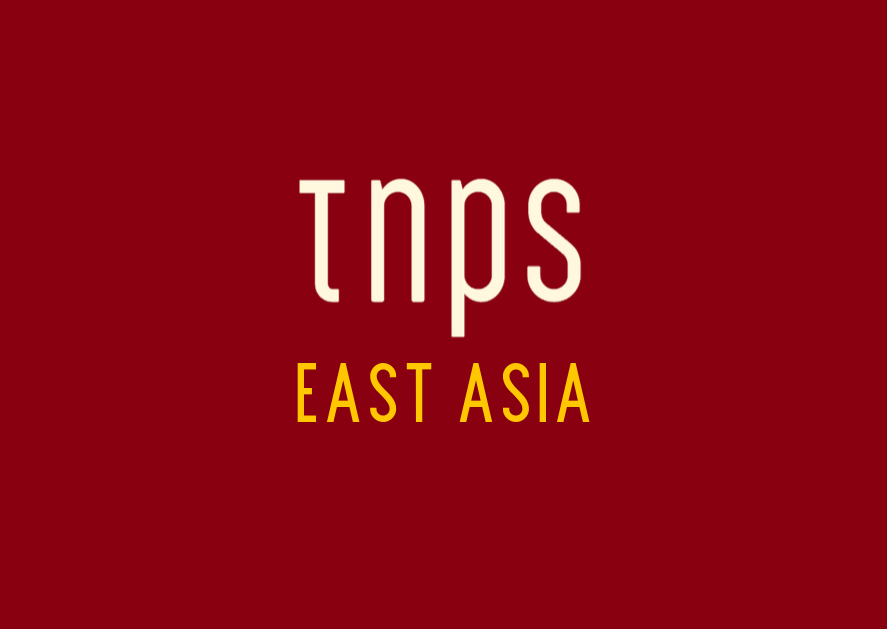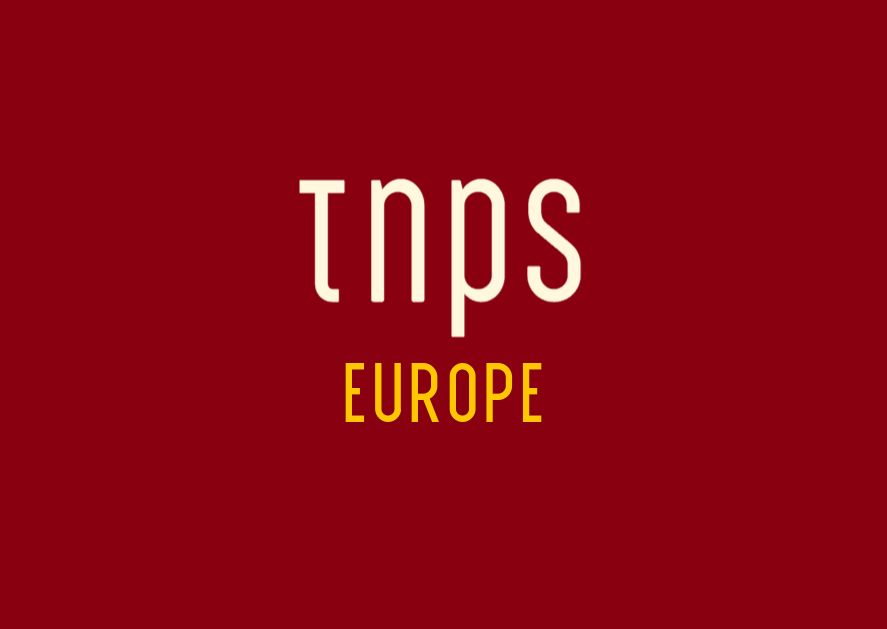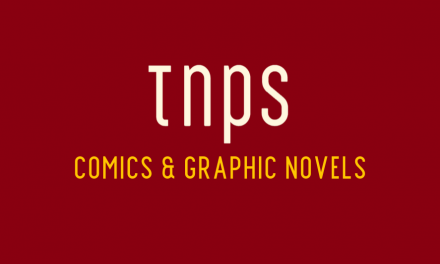Using AI to combat piracy? An outrageous idea. A slippery slope. The thin edge of the wedge. Once we start looking objectively at AI instead of taking every opportunity to demonise it, where will it end?
The first TNPS op-ed of the new year heads over to Japan, and the planned use of AI to combat piracy.
I know. An outrageous idea. A slippery slope. The thin edge of the wedge. Once we start looking objectively at AI instead of taking every opportunity to demonise it, where will it end?
The Luddite Fringe will be losing sleep at the mere thought of AI benefitting the industry. Nicola Solomon will be worrying if the King will want his OBE back. (For anyone who missed that story, King Charles III of some of the UK is now it seems dishing out gongs for services to Luddism.)
Below, I dive into the nature of 21st century book piracy, make some tenuous equations with second-hand book sales, and make the all-important point that if piracy really cost the industry anywhere near what is likes to claim, it would be making a lot more effort to put a stop to it. Not least by engaging more with subscription.
Piracy is a significant issue in Japan’s manga and anime industry, threatening the livelihoods of creators and the industry’s economic health. In response, Japan’s Cultural Affairs Agency has proposed an AI detection system aimed at combating online piracy effectively.
Piracy is rampant, it seems, with an estimated 1,000 websites offering pirated manga and anime content. The financial impact is substantial, with the industry asserting billions of dollars are lost annually due to these illicit activities. That value is unsubstantiated, and one I’ll return to below, but no question piracy has a real impact.
The AI Detection System
To tackle the problem, Japan’s Cultural Affairs Agency has introduced a ¥300 million ($2 million) pilot program to develop an AI-powered detection system. This system leverages advanced image and text recognition technologies to identify and remove pirated content from the internet efficiently. By automating this process, the AI system reduces the burden on human moderators and enhances the protection of intellectual property.
Benefits of the AI System
- Efficiency: The AI system can quickly and accurately identify pirated content, streamlining the enforcement process.
- Protection of Intellectual Property: By safeguarding the works of manga and anime creators, the system helps maintain the integrity and profitability of the industry.
- Economic Impact: Reducing piracy can lead to increased revenue for creators and the industry, and generate more tax revenue for the country, thereby fostering growth and innovation.
Challenges and Considerations
- Technical Challenges: Developing an AI system that can accurately detect pirated content amidst the vast amounts of legitimate data online is a complex task.
- Cost: The financial investment required for developing and maintaining the AI system is significant. However, the long-term benefits in terms of reduced piracy and increased revenue, it is believed, can justify this expenditure.
Measuring Financial Loss Due to Piracy
Which is all very worthy, but this paints an overly simplistic picture of a one-way street that doesn’t really stand up to scrutiny.
Quantifying the financial loss due to piracy involves several methods:
- Estimating Lost Sales: By estimating the number of pirated copies and their retail price, a rough financial loss figure can be obtained. However, this assumes every pirated copy is a lost sale, which is by no means a given,
- Consumer Surveys: Numerous surveys indicate that a significant portion of consumers who access pirated content would pay for it if legal options were available and affordable. For instance, studies have shown that 75% of pirates would use streaming services if they were cheaper.
- Market Analysis: Analysing local market conditions, such as the availability of legal options and consumer economic status, provides a more nuanced understanding of potential sales.
Regional Considerations
In regions like The Gambia, from where I am writing this post, where legal purchasing options for content are very limited, the financial loss to IP owners may be less quantifiable. The lack of banking facilities, credit cards, addresses, and reliable postal systems hinders online purchases. Additionally, erratic internet access makes streaming services impractical. And of course territorial restrictions, from books to DVDs, means vast amounts of content simply are not available legally here. Here, piracy may not directly translate into lost sales but highlights the need for improved access to legal content.
Back To The Bigger Picture
Back when I was living in the UK, I would frequent second-hand book shops, often looking for OOP titles that simply were not available in the High Street bookstores, but inevitably I would come out with used copies of books I knew full well were in print and available at full price in the bookstore down the road.
First Sale Doctrine
Technically and legally that was (and is) not piracy or supporting piracy, even though neither the publisher nor author saw a penny of that sale. The so called “First Sale Doctrine”.
For the average consumer, what is the difference? In both cases, the consumer paid the price asked by the vendor. Most consumers not themselves in the industry would not know, let alone care, that the books were pirate copies. And in any case, how do they know that the second-hand copies in the used-book stores or “boot fairs” (if you’re not British don’t ask) or garage sales are not stolen booty being resold?
Industry Indignation
It always amuses me when industry indignation is waged against consumers for buying from pirate sites. As a rule, pirate sites do not advertise this fact. Many can look pretty legitimate, at first glance.
And industry indignation never stops to consider the other side of this coin.
Discovery In Action
When I bought second-hand books from boot-fairs and used-book stores, I focussed on new authors (or at least, new-to-me authors) and genres I would never have dreamed of laying down full price for as a gamble.
And perhaps more importantly still, I came out with perhaps half a dozen books whereas in the regular store I could only afford one or maybe two.
In doing so I discovered new authors and genres and in the long term I spent much more in regular outlets than I otherwise would have.
Tenuously Equating Piracy and Second-Hand Sales
Piracy can work in much the same way. The buyer becomes hooked on a new author or genre and then invests in buying legit content to feed that new addiction.
Not all pirate buyers of course, but equally not all second-hand book buyers will then go to the store to buy legit content afterwards.
But here’s the thing: in cold commercial terms, setting aside the all-important legal and ethical aspects, there is no significant difference between the pirate sales and the second-hand sales so far as the publisher and author is concerned, other than that lost first sale in the piracy example. Either way, no money goes to the author and publisher from later transactions
Pie-In-The-Sky Figures
But in both cases, down-the-road benefits may accrue. And in both cases the industry can point to pirate sites or second-hand book stores and claim they are losing billions in revenue. But that is a pie-in-the-sky figure meaningless except as a soundbite.
If that figure were to be true, publishers would think nothing of investing $2 billion in counter-measures.
Further, it would imply a true market potential on a scale way beyond what can actually be proven.
Solutions
What we should be asking ourselves is how we can reduce interest in pirate sites, and how much they really cost the industry.
In so called Third World countries, printed pirate copies are the big problem. And often quality suffers.
In the established markets, digital piracy is the big concern. Supposedly.
You Can’t Have It Both Ways
I say supposedly, because on the one hand the industry peddles a collective and self-serving narrative that would have us believe no-one wants ebooks, and on the other hand the industry is losing billions to ebook piracy. Sorry, guys, you can’t have it both ways.
And in any case, there is a simple yet elegant solution staring us in the face: subscription.
Meaningful subscription (not like the one-title a month credit subscription that warps the audio market in favour of higher-priced titles) lets consumers experiment and explore, without risk, and that is a big incentive to handing over a sum that may not be far off what they would have paid a pirate site.
This post first appeared in the TNPS LinkedIn newsletter.





